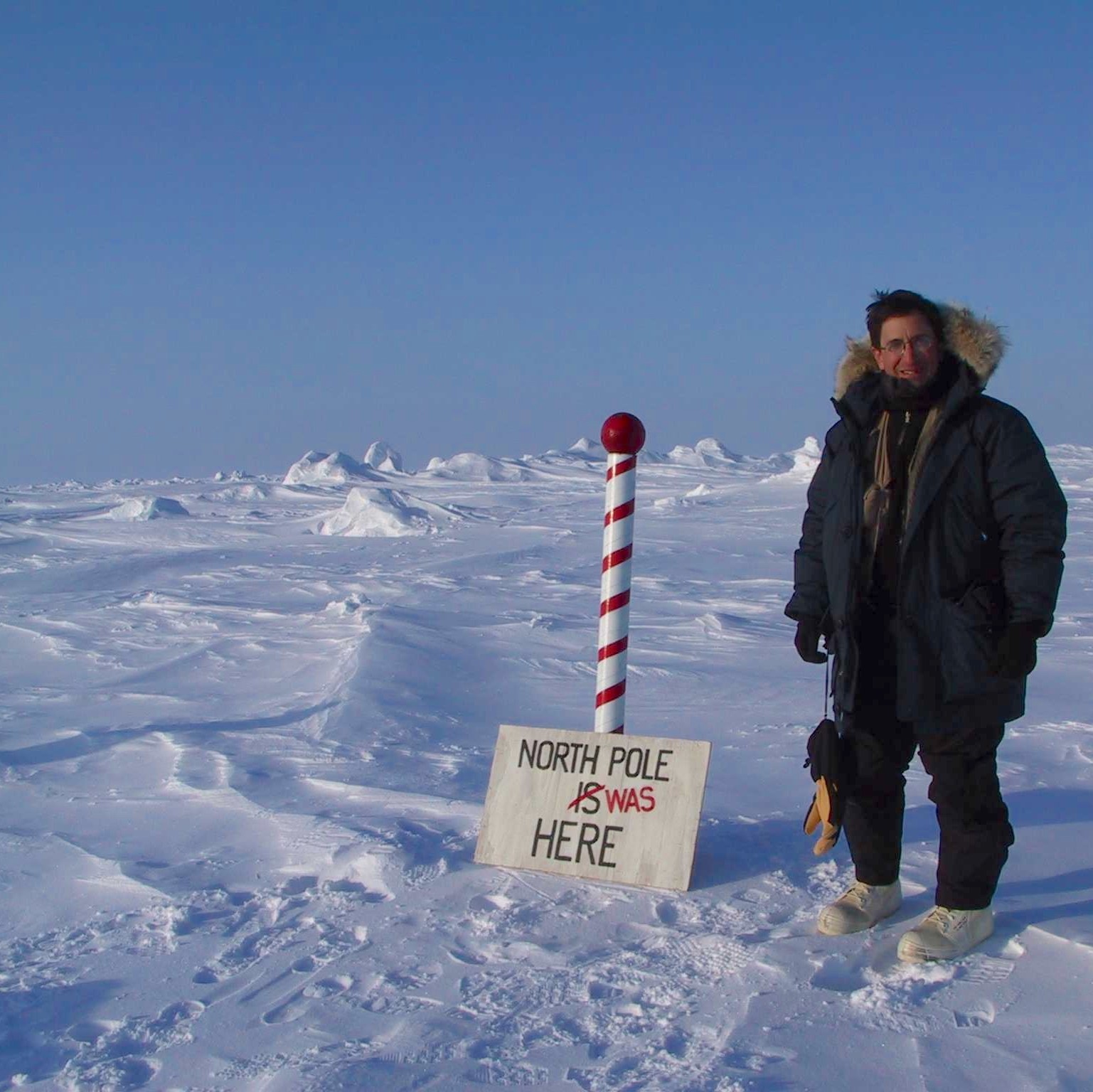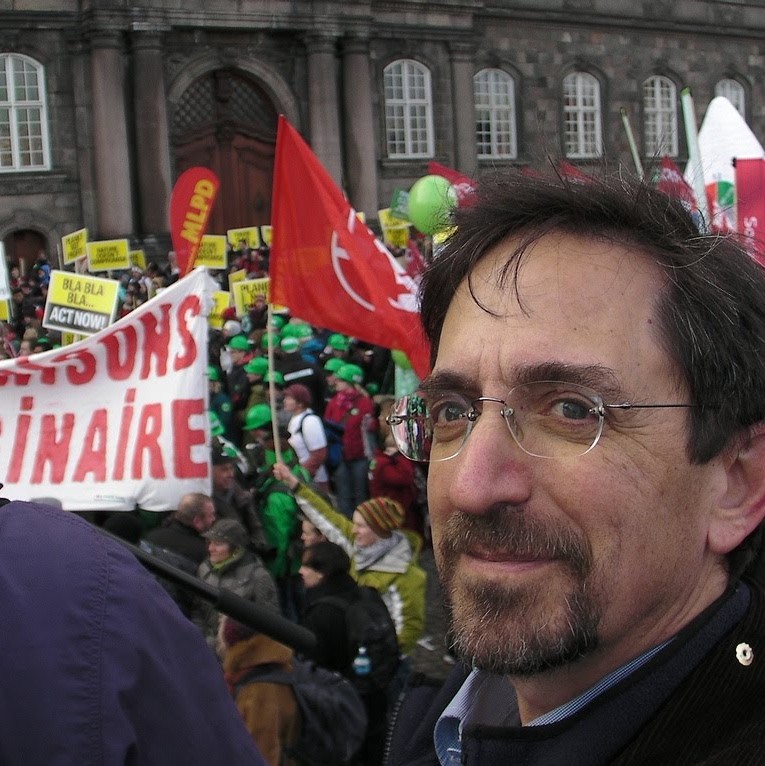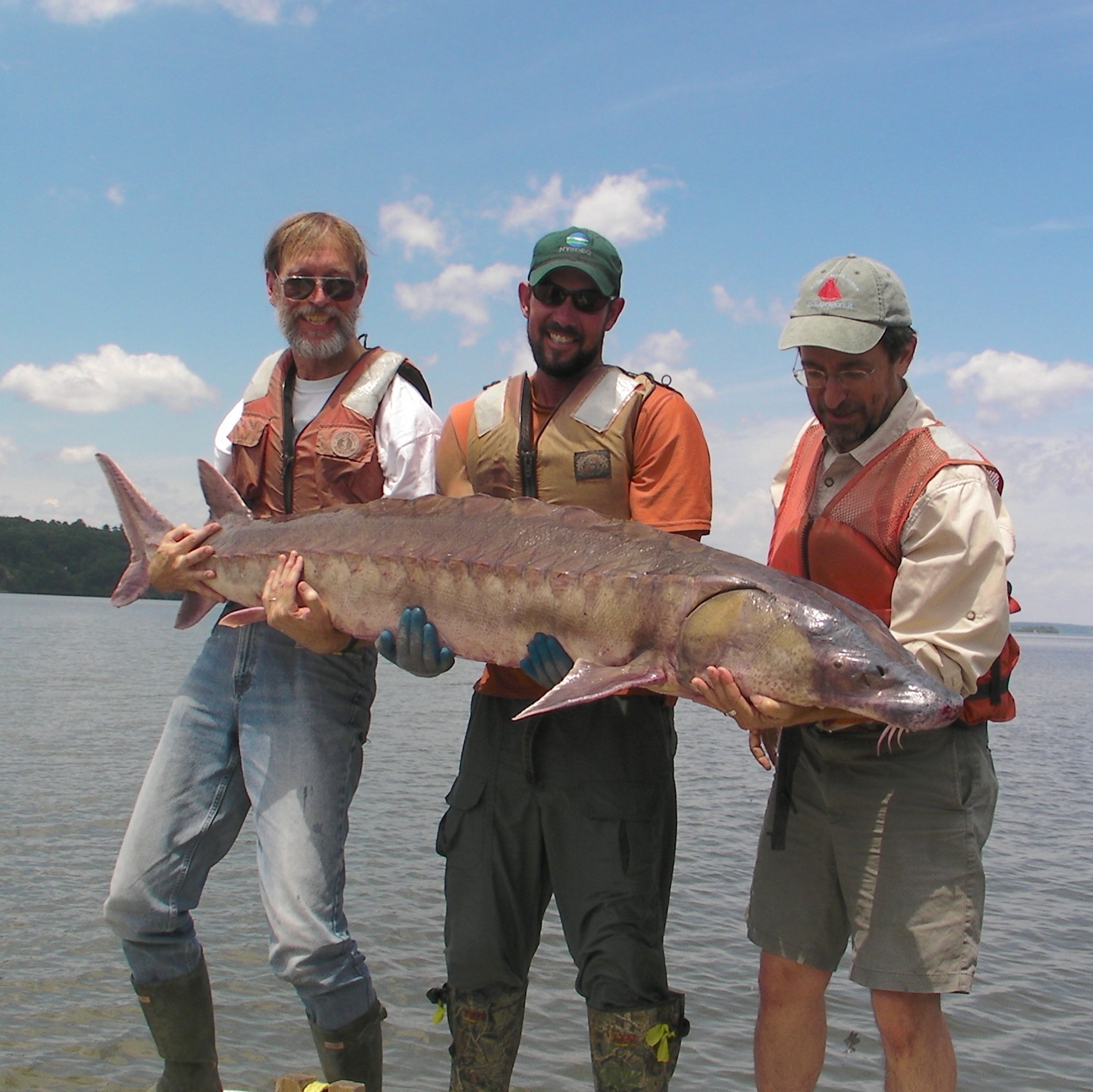Andrew Revkin is one of America’s most honored, experienced, innovative journalists and conversation wranglers focused on environmental and human sustainability. In 2019, he became the founding director of the Initiative on Communication and Sustainability at Columbia University's Earth Institute, now the Columbia Climate School. He is building programs, tools, and collaborations bridging gaps between science and society to cut climate risk and spread social and ecological resilience. He launched and ran the Sustain What webcast - a conversation series pursuing progress where consequence and complexity collide. The show, streaming across social media, has garnered some 2.5 million viewers over 300-plus episodes.
Revkin has written on global environmental change and risk for nearly four decades, reporting from the North Pole to the White House, the Amazon rain forest to the Vatican - mostly for The New York Times. Before moving to Columbia, he was the strategic adviser for environmental journalism at the National Geographic Society, where he helped expand the Society’s grants and programs fostering effective conservation communication where it’s needed most. He remains a member of the National Geographic Society Advisory Committee for Research and Exploration.
From 2016 through early 2018, he was the senior reporter for climate change at the nonprofit investigative newsroom ProPublica. From 2010 through 2016 he wrote his award-winning Dot Earth blog for The Times Opinion section and was the Senior Fellow for Environmental Understanding at Pace University. There, he developed and taught a graduate course called “Blogging a Better Planet” and co-created an award-winning field course on environmental filmmaking.
He was a staff reporter at The Times from 1995 through 2009, covering issues ranging from threats to New York City’s water supply to the devastating Indian Ocean tsunami and, of course, climate science and policy. In the mid-2000s, he exposed political suppression of climate findings at NASA and editing of federal climate reports by political appointees with ties to the petroleum industry. He made three Arctic reporting trips and was the first Times reporter to file stories, videos, and photos from the sea ice around the North Pole.
Revkin began reporting on climate change in the 1980s and never stopped. He has won the top awards in science journalism multiple times, along with Columbia Journalism School’s John Chancellor Award for sustained achievement, a Guggenheim Fellowship, and an Investigative Reporters & Editors Award. He has written or co-written acclaimed and award-winning books on the Anthropocene, the history of humanity’s relationship with weather, the changing Arctic, global warming, and the assault on the Amazon rain forest, as well as three book chapters on science communication.
Revkin has crossed over into scientific scholarship. He played an early role in the evolution of the Anthropocene hypothesis. In his 1992 book, “Global WarminAndrew Revkin is one of America’s most honored, experienced, and innovative journalists focused on environmental and human sustainability. In 2019, he became the founding director of a new Initiative on Communication and Sustainability at Columbia University's Climate School. g: Understanding the Forecast,” he wrote: “Perhaps earth scientists of the future will name this new post-Holocene period for its causative element—for us. We are entering an age that might someday be referred to as, say, the Anthropocene [sic]. After all, it is a geological age of our own making.” That future arrived just eight years later, in 2000, when scientists formally proposed such an epoch. Revkin was invited to join the Anthropocene Working Group and served from 2011 through 2016. He is a co-author of a series of related peer-reviewed papers.
He has moderated policy discussions for the United Nations and at high-level conferences for more than 15 years and speaks frequently about environmental science and policy and the challenges and opportunities using new communication tools.
In spare moments, he is a performing songwriter. He was a longtime accompanist of Pete Seeger and released his first album of original songs in 2013. Two films have been based on his work: “Rock Star” (Warner Brothers, 2001) and “The Burning Season” (HBO, 1994).
He lives on an inlet in Downeast Maine with his wife, Lisa Mechaley, an environmental educator (and, as of 2018, a co-author).
Revkin’s interest in journalism was sparked shortly after college. Halfway through a research project in the South Pacific studying man's relationship to the sea, Revkin spotted a "Crew Wanted" sign on a dock in Auckland, New Zealand. Soon after, he signed on as first mate on a circumnavigating sailboat, the Wanderlust. He left the crew 17 months, 15 countries, and 15,000 miles later. Soon after, he took a batch of sheets of 35-millimeter slides to National Geographic. A photo editor, Elie S. Rogers, said they showed promise but could use some attention to focus and framing. Journalism graduate school followed, and then the rest of his story began to unfold. Learn more in this Dot Earth post on “Passions and Detachment in Journalism.”














































